Tous les cours de maths supérieures (sup) et spéciales (spé) avec des exercices corrigés afin de préparer dans les meilleures conditions son année en classes préparatoires.
Les classes préparatoires aux grandes écoles (CPGE) sont des filières d’enseignement supérieur qui ont pour but de préparer les étudiants aux concours d’entrée des grandes écoles d’ingénieurs, de commerce et de sciences politiques. Les CPGE sont généralement divisées en deux parties : les classes préparatoires mathématiques (maths sup) et les classes préparatoires scientifiques (maths spé).
Cours et exercices en maths sup
- Systèmes d’équations linéaires
- Suites réelles
- Raisonnement et ensembles
- Propriétés métriques des courbes planes
- Le produit scalaire
- Les polynômes
- Les nombres réels
- Les nombres complexes
- Les matrices
- Les intégrales
- Géométrie dans le plan
- Géométrie dans l’espace
- Fonctions d’une variable réelle
- Fonctions usuelles
- Fonctions de deux variables
- Espace vectoriels de dimension finie
- Espaces vectoriels
- Equations différentielles
- Entiers naturels
- Développements limités
- Déterminant
- Dérivée
- Courbe paramètrée
- Calcul de primitive
- Applications affines
Toutes ces ressources respectent les programmes officiels de l’éducation nationale.

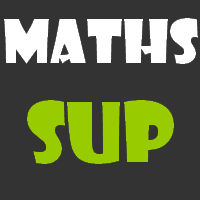

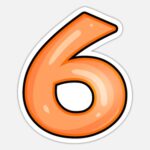
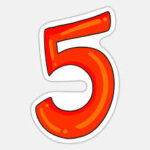
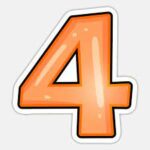
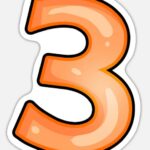
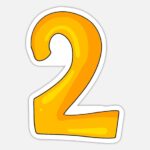

 Mathovore c'est 13 926 838 cours et exercices de maths téléchargés en PDF.
Mathovore c'est 13 926 838 cours et exercices de maths téléchargés en PDF.